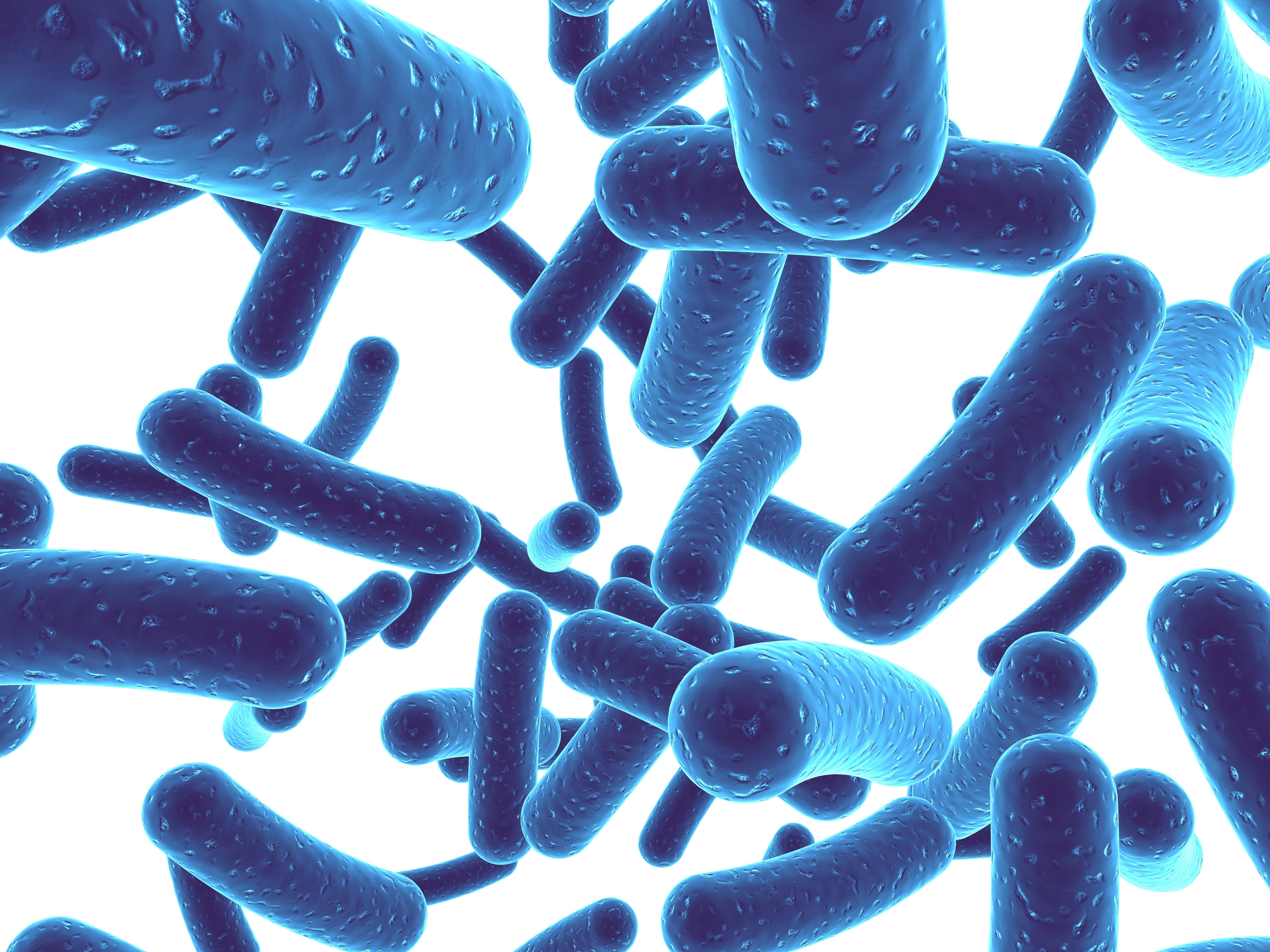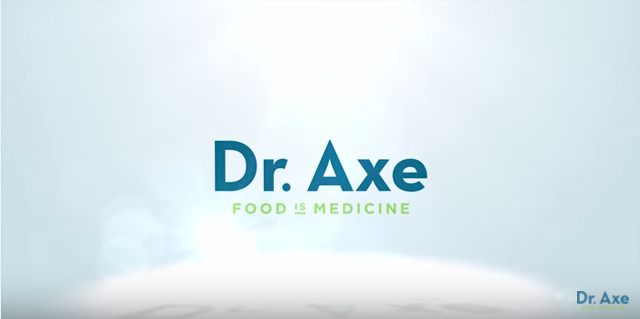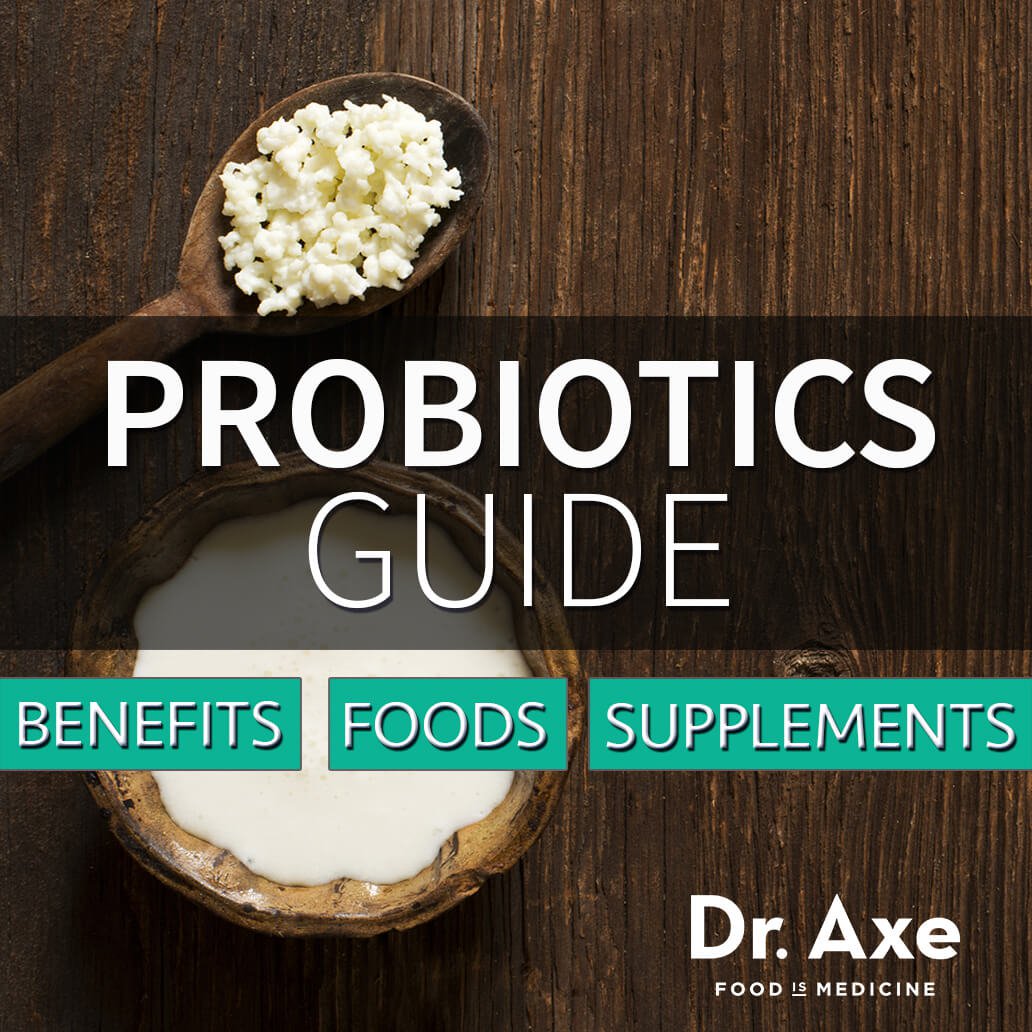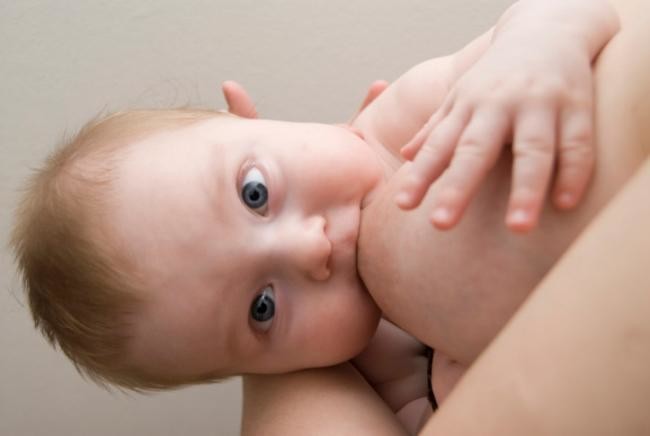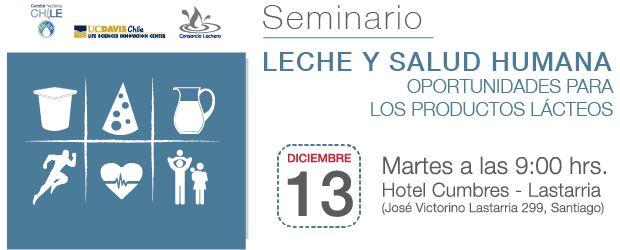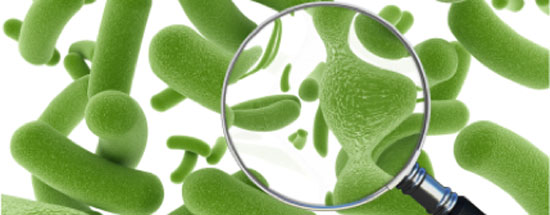Bacterias beneficiosas para nuestro organismo
Desde finales del siglo XIX la medicina ha ido descubriendo que muchas enfermedades son causadas por bacterias y que el contagio se produce por su trasmisión de unas personas a otras. Se conocen con el nombre de patógenos y son responsables de algunas enfermedades infecciosas, procesos auto inmunes y trastornos funcionales. Sin embargo, la inmensa mayoría de estos microbios no son perjudiciales para la salud y, de hecho, los patógenos constituyen mucho menos del 1% de entre todas las especies microbianas que habitan en la Tierra.
En nuestro caso, el cuerpo humano es un gran contenedor de microorganismos. Se calcula que la flora intestinal que tapiza el aparato digestivo de un adulto, cuyo peso aproximado es de un kilo, contiene más de 400 especies diferentes de microorganismos entre los que deberían predominar las llamadas bacterias ‘buenas’, divididas principalmente en dos grupos: bifidobacterias y lactobacilos. Tienen un cometido fundamental en el proceso de la digestión.
Las primeras, las bifidobacterias normalmente viven en el intestino. Su misión es combatir muchas afecciones de esta zona del organismo, como la diarrea, la colitis ulcerosa y, en los recién nacidos, prevenir una grave infección llamada enterocolitis necrotizante. Además, están indicadas para las infecciones por hongos (candidiasis), gripe o refriado, así como para estimular el sistema inmune o reducir el colesterol, entre otros. En algunos casos, tras haber sido eliminadas por causa de una gastroenteritis, radiación, quimioterapia, antibióticos u otros problemas, las bifidobacterias pueden ser administradas mediante suplementos.
En cuanto a los lactobacilos, bacterias con propiedades digestivas, normalmente se localizan en nuestro sistema digestivo, urinario y genital. También pueden obtenerse con la ingesta de alimentos como el yogur y de suplementos dietéticos. Sus beneficios son múltiples: tratamiento y prevención de la diarrea o problemas generales de la digestión, del síndrome del colon irritable, los cólicos de bebés y de la enfermedad de Crohn. A su vez, ayudan a reducir la inflamación del colon y úlceras. También actúan en otros tipos de infecciones, incluyendo las del tracto urinario, las vaginales y para la prevención de problemas respiratorios. Todo ello sin olvidar algunos trastornos relacionados con la piel: dermatitis alérgica, urticaria, herpes o acné.
Cómo varían con la edad
Su presencia cambia con la edad. Las bacterias colonizan el tubo digestivo al nacer y durante el primer año de vida, ya que incluso el tipo de parto y de lactancia (natural o artificial) condiciona la flora intestinal del bebé. El parto vaginal es el que proporciona más microorganismos en el tubo digestivo del pequeño; la lactancia materna también ayuda a que las bacterias beneficiosas se instalen en el sistema digestivo. Es más, las bifidobacterias y los lactobacilos tienen una acción protectora frente a las enfermedades como la diarrea aguda, una de las más peligrosas a esa edad.
A medida que el niño se hace mayor y cambia de alimentación, el tapiz intenstinal va transformándose. Sufre sus primeros cambios con el destete y el paso a la alimentación semisólida. En la edad adulta, además de la alimentación entran en juego otros factores que pueden provocar una pérdida de estos importantes aliados de la salud, como la ingesta de medicamentos o el estrés.
Fuente: http://canalsalud.imq.es/bacterias-beneficiosas/


